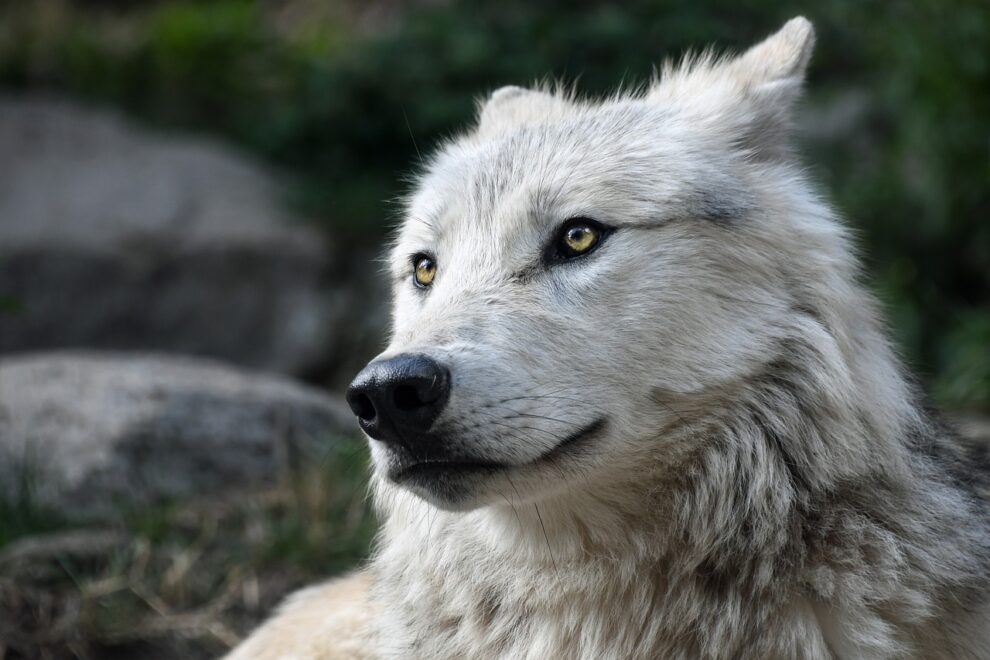A recent study revealed that wolves affected by radiation in Chernobyl seem to have become resistant to cancer, reported Sky News. This gives scientists hope that this discovery could assist in battling the disease in humans.
Researchers uncover genetic resilience to cancer in Chernobyl wolves despite being exposed to radioactive particles for generations
In 1986, a nuclear reactor exploded at the Chernobyl power plant in Ukraine, leading to the evacuation of over 100,000 people due to the release of cancer-causing radiation.
Since then, the area has remained deserted, with the establishment of the Chernobyl Exclusion Zone (CEZ) covering a 1,000-square-mile area to keep people out and minimize the risk of cancer from the remaining radiation. Despite humans not returning, wildlife such as wolves and horses continue to inhabit the abandoned city’s wastelands over 35 years after the disaster.
Dr. Cara Love, an evolutionary biologist and ecotoxicologist from Princeton University in the US, has been investigating how wolves in Chernobyl manage to survive despite being exposed to radioactive particles for generations.
In 2014, Dr. Love and her team visited the CEZ and outfitted wolves with radio collars to track their movements for their research. She said the collars give the team “real-time measurements of where [the wolves] are and how much [radiation] they are exposed to”.
Additionally, they collected blood samples from the wolves to examine how their bodies react to cancer-causing radiation.
Chernobyl wolves exposed to radiation levels six times higher than safe limit for humans
The researchers uncovered that Chernobyl wolves endure exposure to over 11.28 millirem of radiation daily throughout their lives, exceeding the legal safety limit for humans by more than six times.
Dr. Love observed that the wolves exhibit modified immune systems resembling those of cancer patients undergoing radiation therapy. More significantly, she pinpointed specific sections of the wolves’ genetic makeup that appear resistant to heightened cancer risks.
While much research in humans focuses on mutations that elevate cancer susceptibility, such as the BRCA gene variant associated with increased breast or ovarian cancer likelihood, Dr. Love’s work aims to identify protective mutations that enhance the chances of surviving cancer.
The researchers have been unable to return to the CEZ in recent years due to the pandemic and Russia’s invasion of Ukraine. Dr. Love said: “Our priority is for people and collaborators there to be as safe as possible.”
